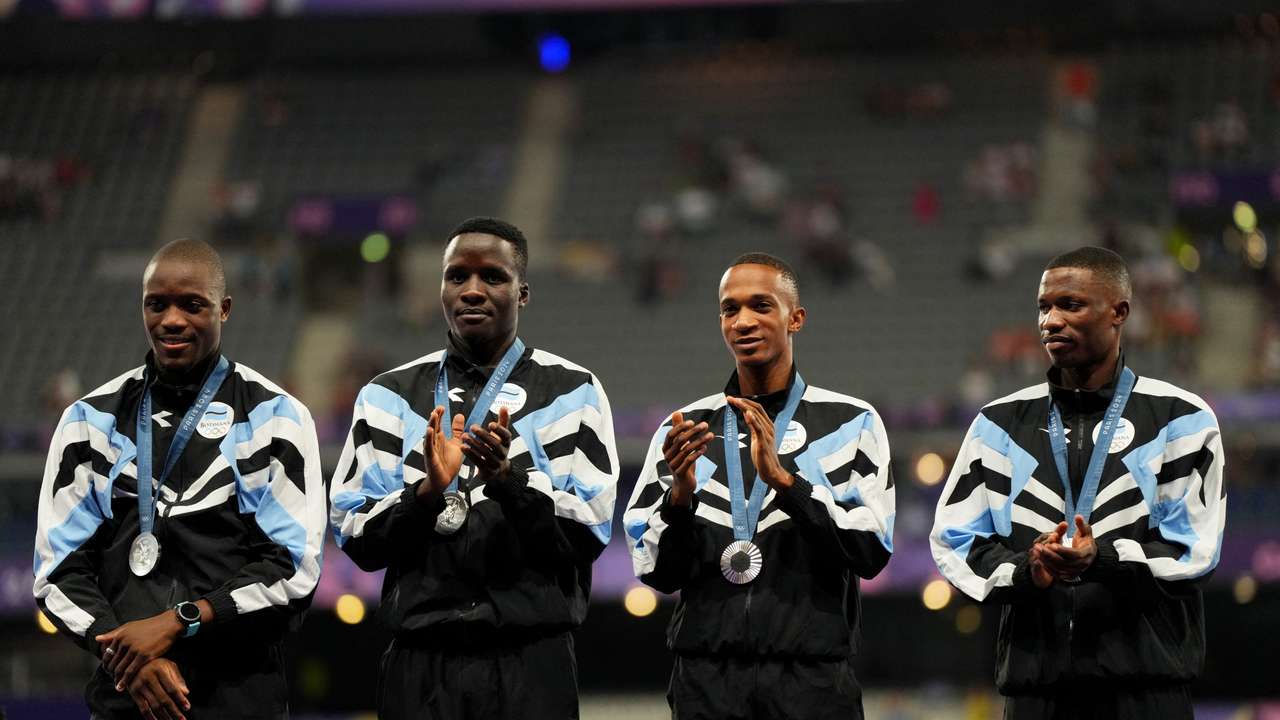Why Botswana has turned against government over funding for Olympic heroes

A wave of public outrage has swept across Botswana over the last few days as citizens reacted to the government's request for donations to reward the country's Olympic heroes.
This controversy has sparked heated debates and raised questions about the government's financial priorities and the nation's economic challenges.
Background
Botswana recently celebrated a historic achievement when Letsile Tebogo won the country's first-ever Olympic gold medal in the men's 200m event at the Paris 2024 Olympics. This victory brought immense pride to the nation and was a significant milestone in Botswana's sporting history. However, the celebrations were soon overshadowed by the government's appeal for public donations to reward the athletes.
Government's request
On August 14, the Botswana government announced a fund to honour the Olympic champions, asking citizens to contribute financially. The government stated that this initiative was a way for the public to show their appreciation and support for the athletes who brought glory to the nation.
The request, unfortunately, was met with widespread criticism and anger. Many questioned why their taxes were not being used to reward the Olympians.
Social media platforms have been flooded with comments from citizens expressing their frustration. "We are already paying tax, give our champions money from the government purse," one user on Facebook remarked.
Another user on the same platform also shared "I would love to donate in support of the boy’s historic achievement, but unfortunately, I’m currently an unemployed electrical engineering graduate with a bachelor’s degree."
Economic situation
Botswana's GDP growth slowed to 2.7% in 2023, down from 5.8% in 2022. According to the World Bank, this decline is attributed to reduced diamond production and weaker global demand.
However, inflation has decreased to 5.3% in 2023, within the Bank of Botswana's acceptable range of 3%–6%. This reduction is due to lower domestic fuel prices and reduced imported inflation.
The country also faces high unemployment rates, with overall unemployment at 25.9% and youth unemployment at 34.4% as of the third quarter of 2023.
Despite a relatively high income level, Botswana has significant poverty and inequality issues. The poverty headcount ratio decreased from 17.0% in 2019 to 14.5% in 2022, but inequality remains high with a Gini index of 53.3.
Other countries' rewards to medallists
Before the Paris Olympics, Hong Kong announced that any gold medalists from the city would receive one of the largest cash rewards available: HK$6 million (over $750,000). This is part of the Athlete Incentive Awards Scheme, sponsored by the Hong Kong Jockey Club, the city's official betting organiser.
Several other governments also promised six-figure cash rewards to their Olympic champions, including those of Indonesia, Kazakhstan, Malaysia, Morocco, Italy, the Philippines, Hungary, Kosovo, Estonia, and Egypt.